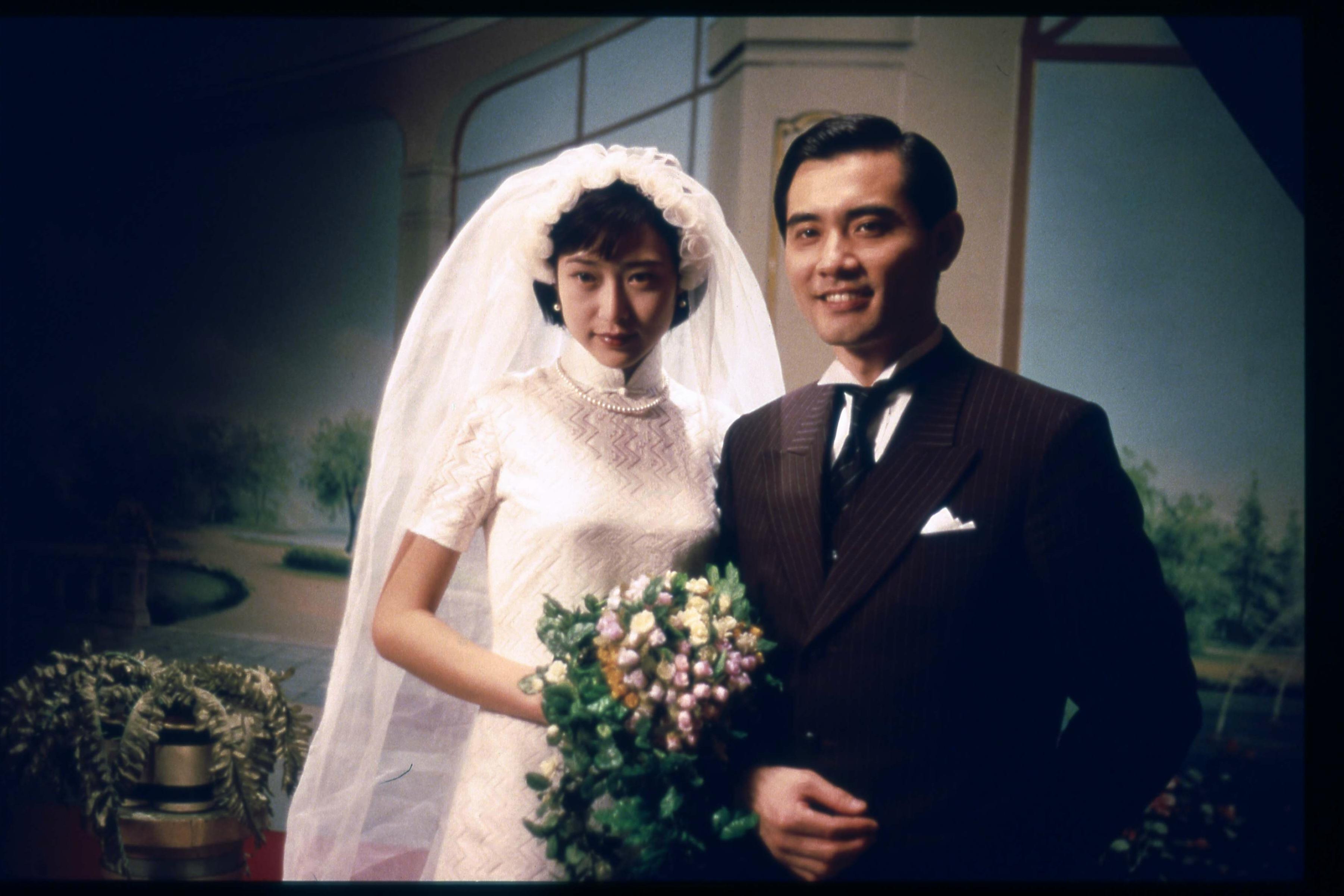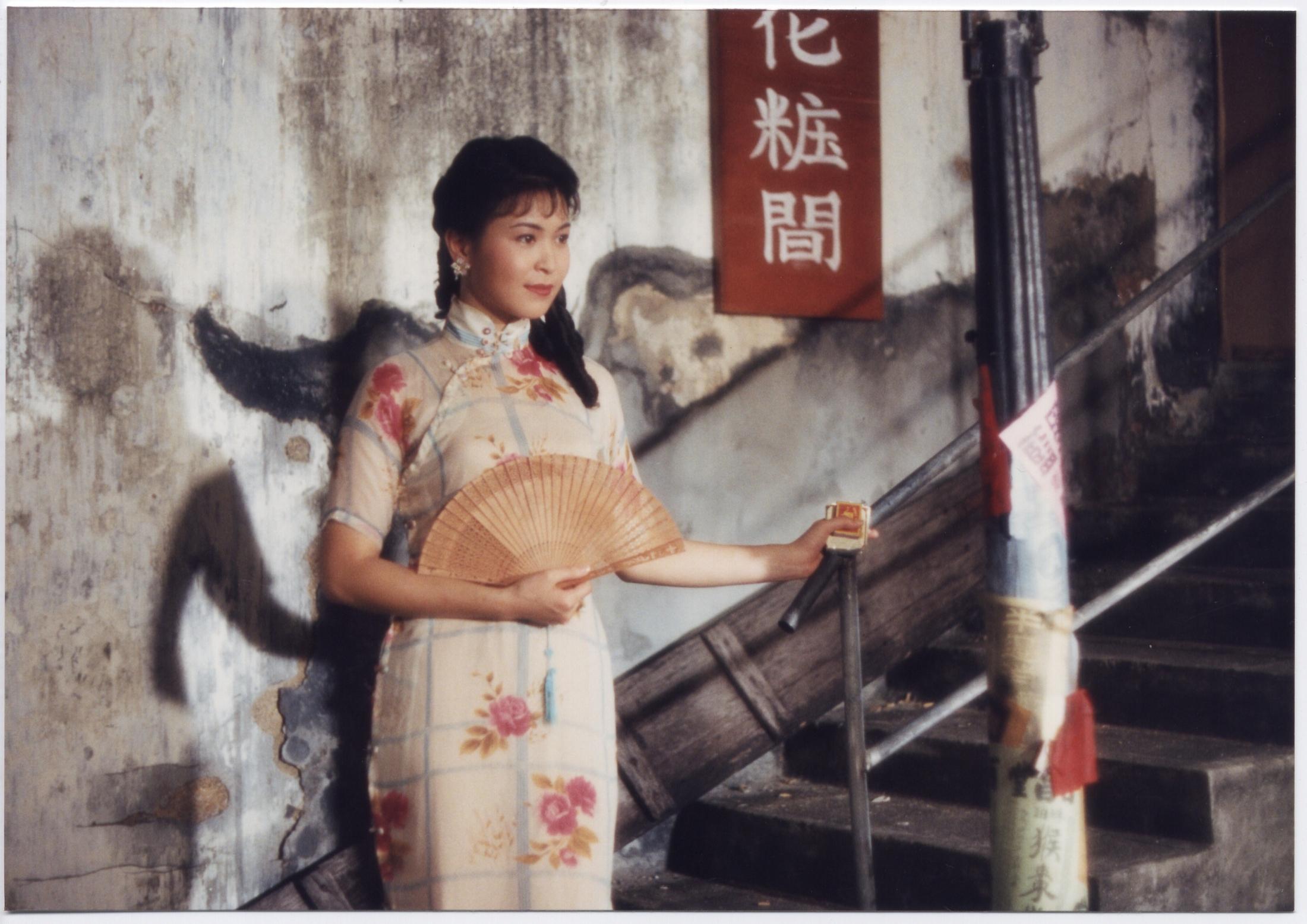“M” Mark status awarded to FIBA 3×3 World Tour Hong Kong Final 2024
The following is issued on behalf of the Major Sports Events Committee:
The Major Sports Events Committee (MSEC) has awarded "M" Mark status to FIBA 3×3 World Tour Hong Kong Final 2024, which will be held at the Soccer Pitch, Victoria Park from November 22 to 24.
The Chairman of the MSEC, Mr Wilfred Ng, said today (November 21), "Invited by the International Basketball Federation (FIBA), Hong Kong will host the year-end event of the FIBA 3×3 professional season for the first time. We hope this major sports event will promote local sports development and bring athletes and spectators from around the globe to focus on Hong Kong, thereby attracting more international competitions to Hong Kong and further solidifying its status as the capital of sports events."
The "M" Mark System aims to encourage and help local "national sports associations" and private or non-government organisations to organise more major international sports events and nurture them into sustainable undertakings. Sports events meeting the assessment criteria will be granted "M" Mark status by the MSEC. Funding support will also be provided to some events.
For details of "M" Mark events, please visit www.mevents.org.hk.

